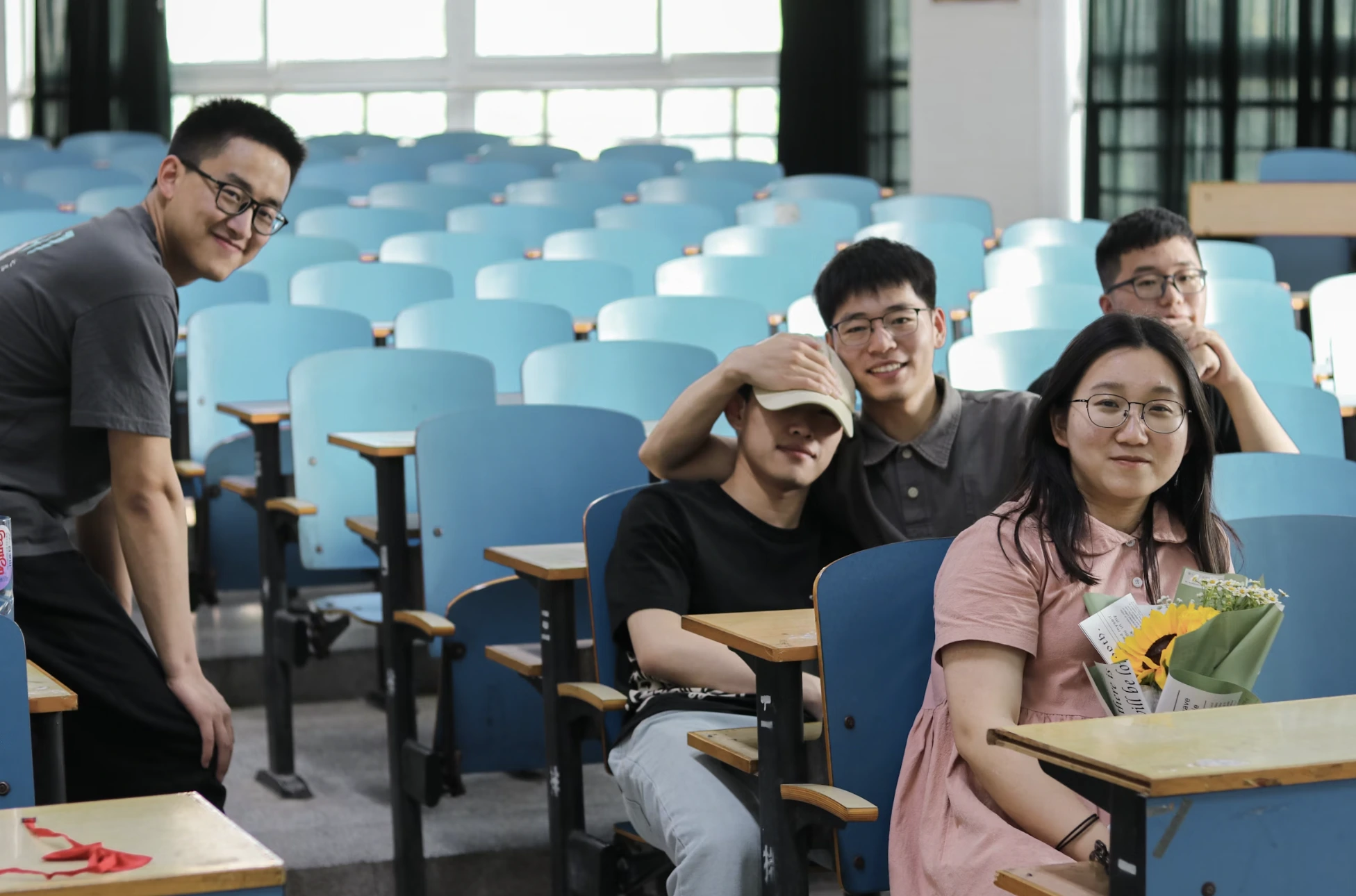
Image by 绵 绵, from Unsplash
Chinese Universities Add DeepSeek AI Courses
China’s universities are rapidly incorporating courses centered around DeepSeek, a homegrown AI startup that has been hailed as a transformative force in the global AI industry. The move reflects China’s broader push to strengthen its technological and scientific education sector.
In a Rush? Here are the Quick Facts!
- DeepSeek’s rapid rise has driven Chinese universities to expand AI education programs.
- Experts say AI adoption enhances job competitiveness but may displace junior positions.
- Students question whether short AI courses provide enough expertise for career benefits.
Shenzhen University, located in the country’s southern tech hub, recently announced a partnership with Tencent Cloud to introduce a general AI course based on DeepSeek, as first reported by the South China Morning Post (SCMP).
The university confirmed that the course will be available to students starting this semester.
Similarly, Zhejiang University in eastern China launched an online course series themed around DeepSeek, open to students, faculty, and the general public. Its first session was held on Monday, as reported by SCMP.
Shanghai Jiao Tong University has also integrated DeepSeek into its AI learning tools, while Renmin University of China stated that it has applied DeepSeek in multiple fields, bringing “new power for teaching and research, campus office,” as reported by Reuters.
The development aligns with China’s recently announced national action plan to build a “strong education nation” by 2035, as noted by Reuters.
DeepSeek, a Hangzhou-based startup, has been widely praised by Silicon Valley executives and U.S. tech engineers, with some stating that its AI models—DeepSeek-V3 and DeepSeek-R1—are comparable to the most advanced models from OpenAI and Meta.
Its rapid success has been described as a “Sputnik moment” for China, signifying a major breakthrough in the country’s AI development, as noted by The Economic Times.
SCMP reports that Shenzhen University said its course would cover the practical applications of DeepSeek’s model in AI-generated content, language processing, and image recognition.
The course will also address concerns related to security, privacy, and ethics, aiming to “explore how to find a balance between technological innovation and ethical norms,” as reported by Reuters
“The rapid introduction of DeepSeek-related courses in Chinese universities reflects the strong demand for AI from both the market and the public,” said Xu Hui, a researcher at the University of Jena in Germany specializing in China’s advanced manufacturing, as reported by SCMP.
“DeepSeek has significantly promoted the application of AI across various sectors of Chinese society, with colleges and universities taking the brunt of the impact,” he added.
However, some students remain skeptical about the long-term benefits of these courses. Chloe Mei, a 24-year-old postgraduate student in Shanghai, expressed interest in taking a DeepSeek-related class but questioned its effectiveness in preparing students for the job market.
“I don’t think one or two courses will give me a very deep understanding or practical mastery of AI technology,” she said as reported by SCMP.
Xu acknowledged the potential challenges of AI’s rapid expansion, noting that while early adoption could improve job market competitiveness, it may also lead to job displacement.
“While promoting AI applications, colleges and scholars should emphasize guiding students to maintain critical thinking and learn to use AI responsibly in their work and research, whether in the humanities or natural sciences,” he said, as reported by SCMP.
Beyond university courses, AI is reshaping education in China through self-study rooms, which provide affordable alternatives to private tutoring.
These rooms are equipped with AI-driven tablets that manage lessons and exercises, helping students identify knowledge gaps and tailor study plans.
The model has gained traction amid government restrictions on tutoring, with experts highlighting both its potential to bridge educational disparities and concerns over engagement levels and effectiveness.
While students and experts recognize the benefits of early exposure to cutting-edge technology, questions remain about the long-term impact on job prospects and the depth of knowledge these courses provide.


 Previous Story
Previous Story

 Latest articles
Latest articles 

Leave a Comment
Cancel